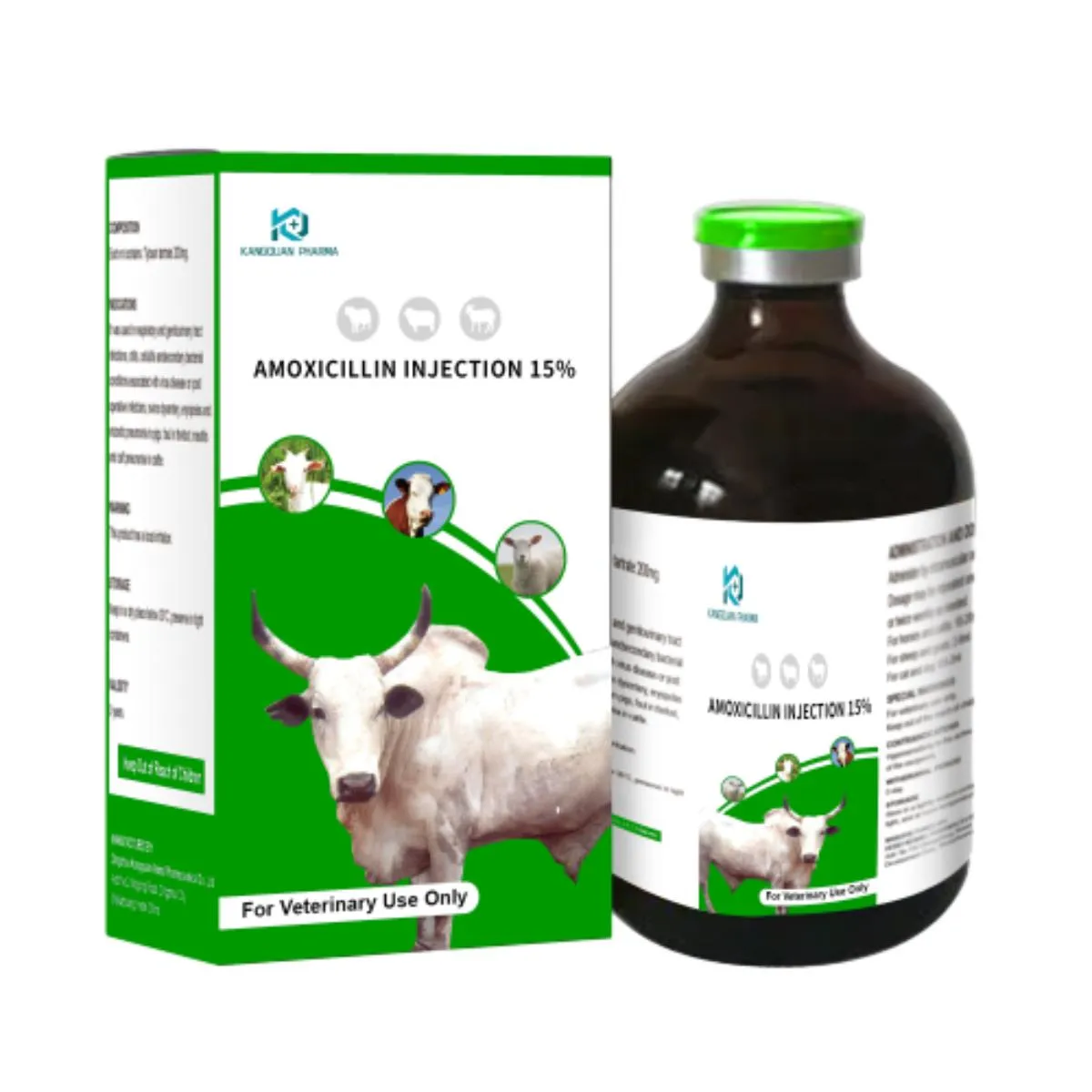- Afrikaans
- Albanian
- Amharic
- Arabic
- Armenian
- Azerbaijani
- Basque
- Belarusian
- Bengali
- Bosnian
- Bulgarian
- Catalan
- Cebuano
- Corsican
- Croatian
- Czech
- Danish
- Dutch
- English
- Esperanto
- Estonian
- Finnish
- French
- Frisian
- Galician
- Georgian
- German
- Greek
- Gujarati
- Haitian Creole
- hausa
- hawaiian
- Hebrew
- Hindi
- Miao
- Hungarian
- Icelandic
- igbo
- Indonesian
- irish
- Italian
- Japanese
- Javanese
- Kannada
- kazakh
- Khmer
- Rwandese
- Korean
- Kurdish
- Kyrgyz
- Lao
- Latin
- Latvian
- Lithuanian
- Luxembourgish
- Macedonian
- Malgashi
- Malay
- Malayalam
- Maltese
- Maori
- Marathi
- Mongolian
- Myanmar
- Nepali
- Norwegian
- Norwegian
- Occitan
- Pashto
- Persian
- Polish
- Portuguese
- Punjabi
- Romanian
- Russian
- Samoan
- Scottish Gaelic
- Serbian
- Sesotho
- Shona
- Sindhi
- Sinhala
- Slovak
- Slovenian
- Somali
- Spanish
- Sundanese
- Swahili
- Swedish
- Tagalog
- Tajik
- Tamil
- Tatar
- Telugu
- Thai
- Turkish
- Turkmen
- Ukrainian
- Urdu
- Uighur
- Uzbek
- Vietnamese
- Welsh
- Bantu
- Yiddish
- Yoruba
- Zulu
10 月 . 01, 2024 12:56 Back to list
Effective Horse Deworming Medication for Optimal Equine Health and Performance
Horse Worm Drugs An Overview of Their Importance and Usage
Equine health is a vital part of horse ownership, and one of the critical components of maintaining that health is the management of internal parasites, commonly referred to as worms. Horse worm drugs, or anthelmintics, play an essential role in protecting horses from these parasites, which can lead to serious health issues if left untreated. This article explores the types of worm drugs available, their mechanisms of action, and the best practices for their use.
Understanding Equine Parasites
Horses are susceptible to various types of internal parasites, including strongyles, ascarids, and pinworms. These parasites can cause a range of health problems, from mild discomfort to severe colic, weight loss, and even death in extreme cases. The lifecycle of these worms can often involve stages where they are not immediately visible, making regular deworming an essential routine for any horse owner.
Types of Horse Worm Drugs
Horse worm drugs come in different classes, each targeting specific types of parasites. The most common types are
1. Ivermectin This broad-spectrum antiparasitic agent is effective against a variety of internal and external parasites. It works by binding to certain chloride channels in the nerves and muscles of the parasites, causing paralysis and death.
2. Fenbendazole This drug is particularly effective against strongyles and ascarids. Fenbendazole disrupts the energy metabolism of worms, inhibiting their ability to absorb glucose.
3. Praziquantel While not commonly used as a first line of defense, praziquantel is effective against tapeworms, a parasite that can cause significant digestive issues in horses.
4. Moxidectin Similar to ivermectin, moxidectin also targets various parasites but has a longer residual effect, which can provide extended protection against reinfestation.
Each of these medications has its specific use cases and is selected based on the type of worms present in the horse's environment.
horse worm drug

Administering Horse Worm Drugs Best Practices
Proper administration of horse worm drugs is crucial for their effectiveness. Here are some guidelines horse owners should follow
1. Regular Worming Schedule Establish a regular deworming schedule based on veterinary advice and local parasite prevalence. Many experts recommend rotating drug classes to prevent resistance, which can develop if the same type of drug is used repeatedly.
2. Fecal Egg Count Analysis Conducting fecal egg count tests can help determine the level of parasitic infestation. This allows for targeted treatment rather than blanket deworming, which can minimize drug use and help reduce the risk of resistance.
3. Monitor for Side Effects While horse worm drugs are generally safe, some horses may experience side effects, such as colic or allergic reactions. Monitoring your horse closely after treatment can help identify any adverse effects early.
4. Consult a Veterinarian Always consult with a veterinarian for advice tailored to your horse's specific needs. They can recommend the most effective treatment protocol and provide insights into managing your horse's overall health.
The Importance of Responsible Deworming
Responsible deworming is essential not only for the health of individual horses but also for the health of the entire equine community. Overuse of anthelmintics can lead to drug resistance among parasites, making control efforts more challenging in the future. By using a strategic approach that includes regular monitoring, targeted deworming, and education on equine parasitic infections, horse owners can maintain the effectiveness of worm drugs and contribute to the overarching goal of equine health.
Conclusion
In conclusion, horse worm drugs are a fundamental aspect of equine healthcare. By understanding the types of medications available, implementing best practices for deworming, and working closely with veterinarians, horse owners can ensure their animals remain healthy and free of debilitating worm infestations. A proactive and informed approach to parasite management will enhance the quality of life for horses and promote a healthier equine community overall.
-
The Power of Radix Isatidis Extract for Your Health and Wellness
NewsOct.29,2024
-
Neomycin Sulfate Soluble Powder: A Versatile Solution for Pet Health
NewsOct.29,2024
-
Lincomycin Hydrochloride Soluble Powder – The Essential Solution
NewsOct.29,2024
-
Garamycin Gentamicin Sulfate for Effective Infection Control
NewsOct.29,2024
-
Doxycycline Hyclate Soluble Powder: Your Antibiotic Needs
NewsOct.29,2024
-
Tilmicosin Premix: The Ultimate Solution for Poultry Health
NewsOct.29,2024













